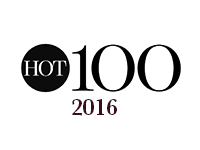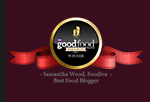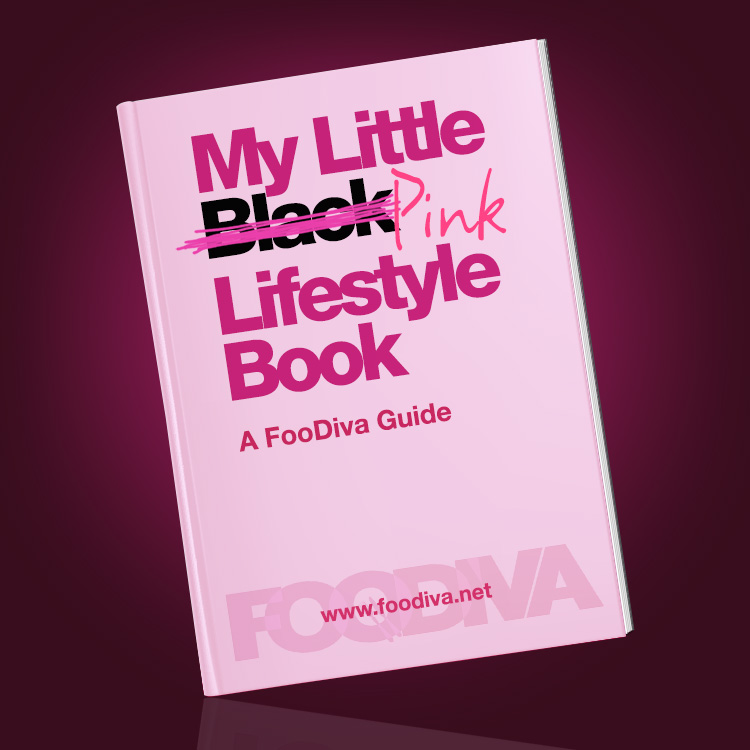Can Indya by Vineet bring street food to a restaurant setting?

Whose mum cooks the most delicious chicken curry? Do the golgappas, those small hollow crisp puris with a savoury filling and tangy tamarind syrup on the streets of Kolkata, taste better than those in old Delhi? Controversial questions that perpetuate discussions on Indian meals around the world. Be it home comfort food or signature street eats, opinion on what is popular and what triumphs varies dramatically across regions in India, and even amongst families in a neighbourhood.
It therefore takes a lot of courage to bring Indian soul food and street bites to the domain of a ‘casual’ yet licensed Dubai restaurant in a five-star hotel. I am curious to see if Indian super chef Vineet Bhatia’s new restaurant Indya at Le Royal Meridien Resort & Spa stands up to the challenge.
The colourful murals and paintings with concept areas like a long sharing table and a gin room welcome us. We take a table in the semi al-fresco section to make the best of a glorious Dubai winter evening. The bustling open plan kitchen adds to the ambiance.
The one-page menu is broadly divided into three sections – from the earth (finally my vegetarian wife is spoilt for choice); from the land (a fairly broad offering of poultry and meat); and from the sea (a compact selection of fish and seafood). The wine list is long with varietals from around the world, including Indian Sula – white, red and even a late harvest dessert wine. The signature cocktails boast humourous names which most Indians would relate to, but am not sure other nationalities would understand.
My wife is nursing a cold and the alert waiter offers to bring a rum-based hot toddy, which is off the menu, so, many brownie points for that suggestion. I order Indya Se Bhatia – an old fashioned with Indian Amrut whisky, angostura bitters – and for a twist, cardamom. Gods own country Kerala has gin with curry leaves and banana syrup. Our friend is looking for a white wine and I coax her into ordering the Sula Chenin Blanc.

The starters arrive in a rush, well before the drinks, which we have to chase several times. A traditional khasta kachori is an authentic savoury stuffed puri – both crisp and puffed as it should be. The paneer koliwada (cottage cheese fried in batter Mumbai-style) and the goat cheese gujiya (thick dough dumplings filled with goat cheese) are too creamy for my palate. The sabudana kebab,made using tapioca root milk globules is indeed unique and a great wholesome snack.
A classic chura paratha is crushed with a generous helping of ghee, and makes for a distinct addition to the bread basket. But, by the time we get to it, the paratha is cold and crusty. A burnt aubergine spinach, the chef’s take on the popular baingan bharta (aubergine roasted on fire) is flavoursome, but oddly, I cannot taste any spinach.
Does the ghar ki murgi stand up to ‘my mum’s chicken curry challenge?’ This simple curry, served in a steel cooking pot, stays within the rules – small odd sized pieces of chicken on the bone; not too oily; no overdose of spices; and without any colouring. Definitely no cliched chicken tikka masala here. Whilst I cannot pick a flaw in this dish, it’s not something that would entice me to a restaurant.
Banana koli fish is a steamed local fish fillet with spices popularised by the original fishermen of Mumbai – the kolis. The baked fish is immersed in a masala paste that is vibrant without overpowering the character of the light flaky fish.
I have to sample a dessert so we ask the waiter to serve his preferred choice. The phuchka bevda is an intense dessert and a digestif in one, using the traditional savoury phuchka pani-puris. The waiter uses a syringe to lace the chocolate phuchkas with rum-infused rabri (reduced sweetened milk) that I love. The masala chai ornate kettle with piping hot tea and short conical tumblers is a great way to end the meal. This offering in India which transcends barriers of wealth and culture is presented and executed well.
I am a bit surprised how we rack up a bill of AED220 per person without alcohol, given the most expensive item we order is AED85 and median prices around AED40. I am sure many of us have faced similar situations where we end up ordering a large number of moderately priced tapas-like plates and get stumped by the bill. Atmosphere is an absolute winner. Apart from the slow arrival of our drinks, service is good.
The food stands up to the challenge of bringing comfort and street fare to a restaurant setting. However, I am not convinced of Indya as a go-to destination for a specific street eats dish. Instead, chef Vineet has created an elegant showcase of something very down-to-earth, yet core to the fabric of Indian cuisine, which diners would do well to keep in mind. I would therefore give Indya 3.5 out of 5 FooDiva knives for a balanced offering and for meeting a difficult challenge.
While I applaud chef Vineet’s efforts, I leave with mixed feelings and wonder if comfort dishes are best eaten at home and street food by the road side?
AK
Who is FooDiva’s anon guest reviewer? AK is an avid gastronaut who thinks that a day without a good meal is a day wasted. He has travelled the world exploring culinary delights, including a treasured dinner at El Bulli. He works as an investment banker in Dubai.








































No comments yet